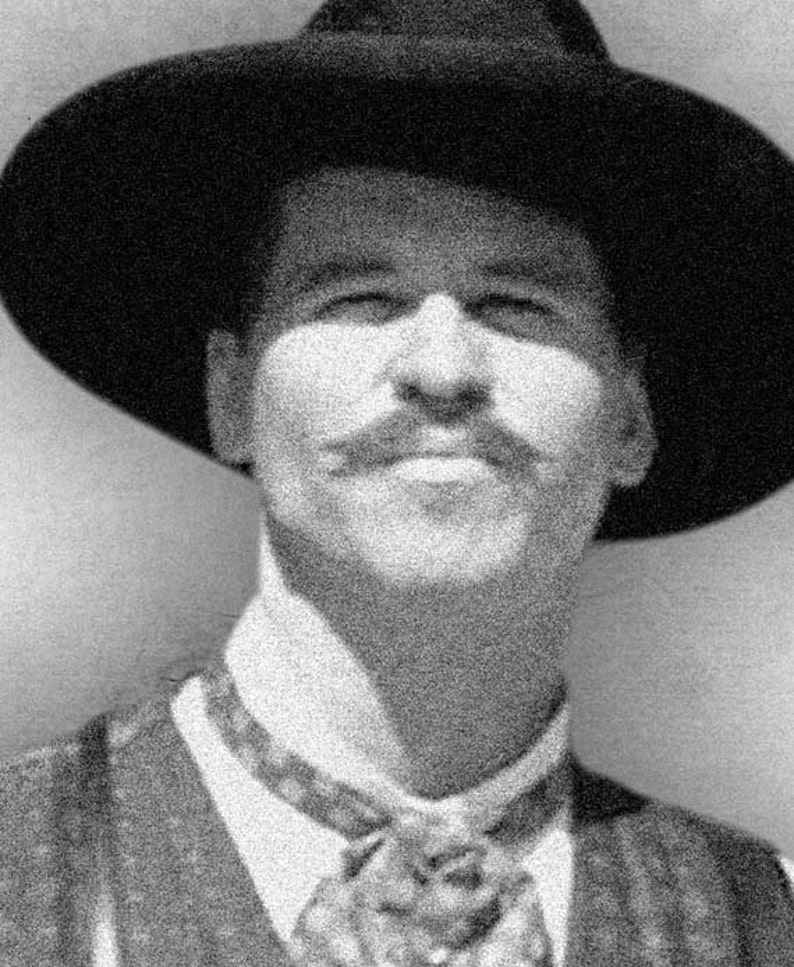
When you mix up or substitute existing letters, you are using a cipher. When you substitute one word for another word or sentence, like using a foreign language dictionary, you are using a code. If you don't know Greek (and not many of us do) the above letters could be a form of code themselves! Although the distinction is fuzzy, ciphers are different from codes. The study of enciphering and encoding (on the sending end), and deciphering and decoding (on the receiving end) is called cryptography from the Greek κρυπτός (kryptos), or hidden and γράφειν (graphia), or writing. After all, you wouldn't want your competitor to know that you were about to acquire their company with a leveraged buy-out. Businesses also send data that has been encoded to try and protect trade secrets and back-room deals. In more serious uses, codes and ciphers are used by our military and diplomatic forces to keep confidential information from unauthorized eyes.


If the note was intercepted, your teacher, could learn nothing about your romance. Or perhaps you remember using special symbols to write notes to your "squeeze" in class. When you were a kid, did you have a "Captain Midnight" decoder ring? With it, you could send messages to a friends that no one else could read.


 0 kommentar(er)
0 kommentar(er)
